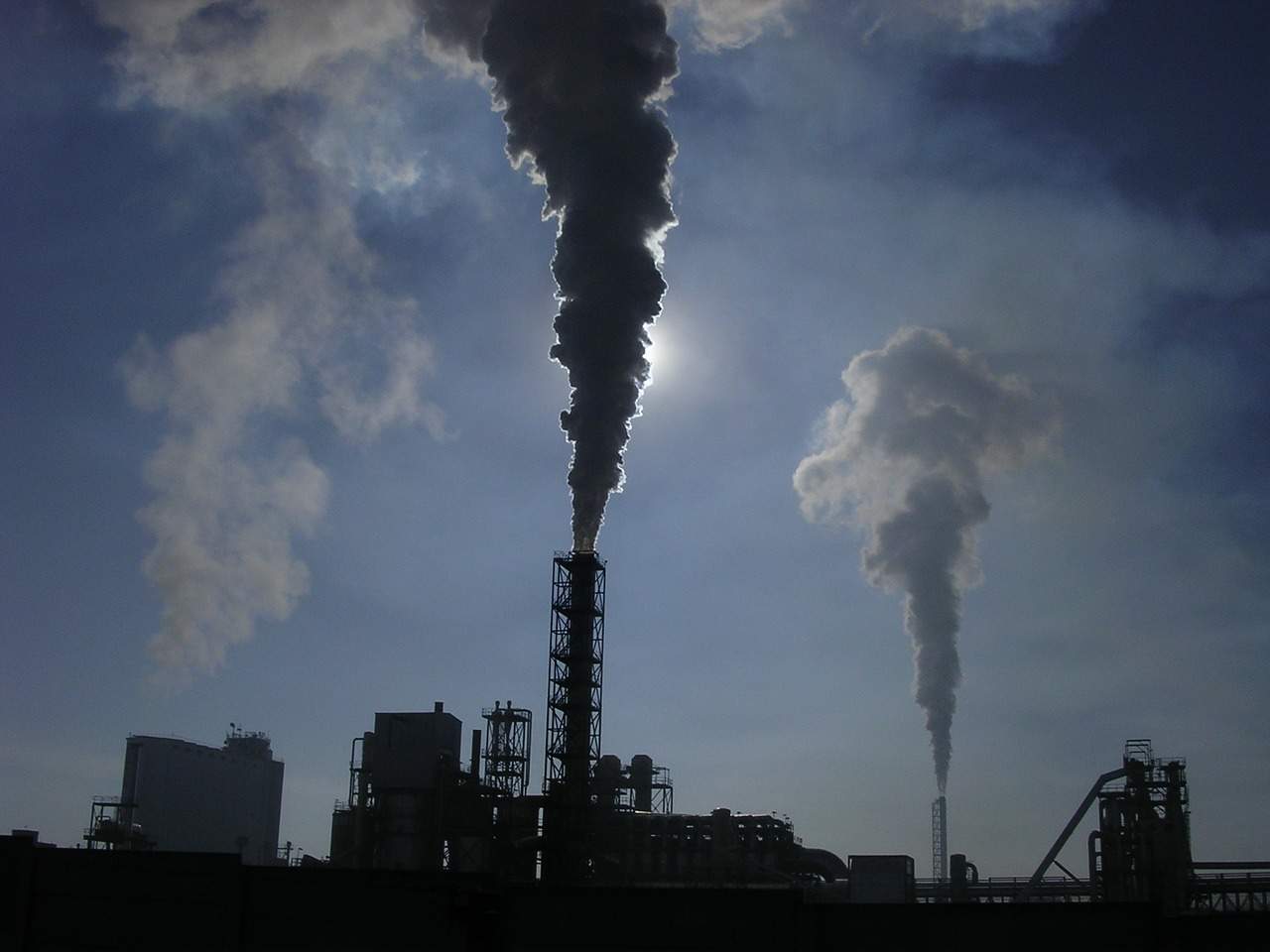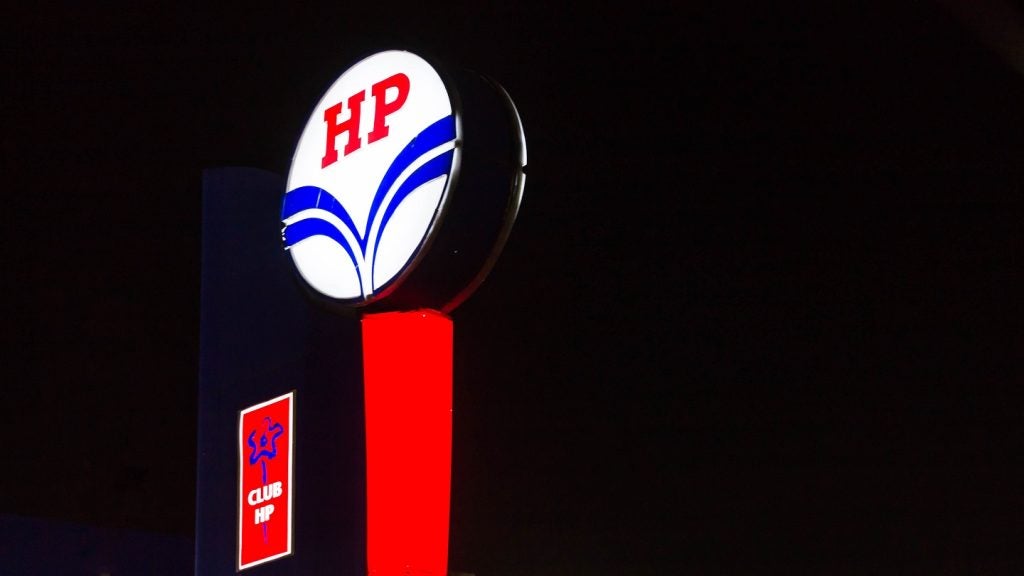
Across the US, states and communities are putting big oil on trial, claiming damages for sea-level rise among other effects of climate change. In all, there are now ten different lawsuits filed, and pressure is mounting on oil and gas companies to prove that they are not directly responsible, or liable, for floods and disappearing wetlands.
Precedents set in climate change cases are outdated, as the science they were based on has advanced exponentially over the last decade. As such, Chevron and other major companies have now had to admit that humans have had a role in causing climate change.
Should these lawsuits be successful, the impact on oil and gas companies could be huge. But how have these suits developed over time, and what are their demands?
2011
On 20 June 2011, the final verdict was passed in the American Electric Power Company (AEP) v. Connecticut Supreme Court Case. Several states, the city of New York, and three private land trusts had put forward a federal common law nuisance claim against AEP and a number of other power producers, due to the effects of greenhouse gases back in 2004.
Unlike similar cases in different states, which had been dismissed on the basis that they were constitutionally defective, the Circuit Two Court allowed the case to proceed beyond pleadings, making it the first global warming case brought up as a nuisance claim. Ultimately it was found that a corporation could not be sued for greenhouse emissions under federal law, as it was decided its activities were covered by the Clean Air Act. The company could not be held directly accountable for climate change without conclusive evidence they were the cause.
2012
The Native Village of Kivalina v. ExxonMobil Corp was filed in 2008 and concluded in 2012. Kivalina was a small barrier reef community in Alaska, which had been forced to move due to the effects of climate change, in particular the melting of protective sea ice and the increase in storms. It sought $400mto cover the cost of the relocation from 24 oil, energy and utility companies, on the basis they had significantly contributed to climate change.
How well do you really know your competitors?
Access the most comprehensive Company Profiles on the market, powered by GlobalData. Save hours of research. Gain competitive edge.

Thank you!
Your download email will arrive shortly
Not ready to buy yet? Download a free sample
We are confident about the unique quality of our Company Profiles. However, we want you to make the most beneficial decision for your business, so we offer a free sample that you can download by submitting the below form
By GlobalDataOnce again, the case was unsuccessful, with the court following the precedent set in the AEP case the year before. The American Bar Association proclaimed shortly after the defeat that “these cases might spell the end of climate change tort litigation in the federal courts.”
2013
For years the wetlands in Louisiana has been eroding and the full extent of this damage was recognised following Hurricane Katrina in 2005. The lack of coastal buffers and the rising sea level dramatically increased the destruction caused by the hurricane. Since the 1930s, 1,900 square miles of wetlands have been lost, 30-40% of which is thought to be due to drilling and related activities.
Louisiana is the second biggest crude oil-producing and refining state in the US, taking advantage of the Gulf of Mexico’s immense resources. Therefore the move by a Louisiana agency, the Southeast Louisiana Flood Protection Authority-East (SLFPA-E), to sue 96 oil companies for the damage in 2013 shocked and appalled the industry and politicians.
While the wetlands lost to climate change and extraction are not recoverable, SLFPA-E was hoping for between $50bn and $100bn to help pay for increases in protection for the wetlands that remain.
Oil and gas companies rejected the responsibility for the damage along the Louisana coast. “It’s just such a vague attempt by the plaintiffs to throw a blanket over an entire industry and hold it singularly responsible for a problem that’s got multiple causes,” Chevron lawyer Robert Meadows told the Associated Press.
The then Governor of Louisiana, Bobby Jindal, vowed to kill the lawsuit and soon replaced several members of the SLFPA-E board that had supported the case along with signing a bill that banned the lawsuit. The case was moved to federal court, where it was dismissed.
As the damage in Louisiana continues to grow however, another suit was launched in 2017 by several parishes demanding “damages, restoration costs and actual restoration”. The case does not specifically mention climate change this time, but remains focused on oil and gas’s role in coastal erosion.
2017
The American Meteorological Society produces an annual study examining the role of climate change on the previous year’s weather. The study produced in 2017 marked a milestone in such analysis, as researchers concluded that phenomena had occurred in 2016 that would not have been possible without greenhouse gas emissions.
The study was reinforced throughout 2017, by a number of other publications. These included a new report by the Union of Concerned Scientists together with two universities, which concluded that nearly two-thirds of historical emissions can be attributed to just 90 companies. The report concluded these companies are responsible for 42-50% of the global temperature increase.
For years, cases against big oil on the grounds of climate change have been hampered by the lack of a conclusive link between oil and gas operations and extreme weather. These advances will undoubtedly affect upcoming court cases.
July-September 2017
Louisiana’s case, whilst unsuccessful, sparked a trend, with increasing numbers of cities, communities and states taking action against big oil. Three separate Californian communities joined the ranks in July 2017, when San Mateo, Marin County and the city of Imperial Beach filed a suit against 37 fossil fuel companies.
In September 2017, San Francisco launched its own public nuisance suit. Already it has seen eight inches of sea level rise, and the process is expected to continue, causing immense damage to the city. San Francisco was joined by neighbouring Oakland in its battle, seeking billions from ExxonMobil, Chevron, Shell, BP and ConocoPhillips.
The defendants rely predominantly on the precedent set in AEP v. Connecticut, that their actions were not illegal and that they were not responsible for combustion but merely sale of the fuels, among other defences.
The cases have changed in one way in particular since 2013; oil and gas companies are now accused of having knowledge of climate change and misleading the public. On top of the public nuisance lawsuits, there are now two separate fraud cases against oil and gas companies, accusing industry players of intentionally misleading the public about the extent of the relationship between climate change and fossil fuels.
January 2018
Barely into 2018, and the number of cases against big oil continued to grow as New York entered the fray. “New York City is standing up for future generations by becoming the first major U.S. city to divest our pension funds from fossil fuels,” said New York Mayor Bill de Blasio in a statement. “At the same time, we’re bringing the fight against climate change straight to the fossil fuel companies that knew about its effects and intentionally misled the public to protect their profits. As climate change continues to worsen, it’s up to the fossil fuel companies whose greed put us in this position to shoulder the cost of making New York safer and more resilient.”
March 2018
A pivotal moment occurred in March 2018, when Chevron’s lawyers officially acknowledged humans’ role in causing climate change. “Chevron accepts the consensus in the scientific communities on climate change,” said attorney Theodore Boutrous of the firm Gibson, Dunn & Crutcher during court proceedings for San Francisco and Oakland’s case. “There’s no debate about climate science.”
However, Chevron has not accepted liability for the damaged caused by climate change. “The IPCC does not say it’s the extraction and production of oil that is driving these emissions,” Boutrous continued. “It is economic activity that creates the demand for energy, and that leads to emissions.”
The argument therefore shifts the blame from the oil and gas companies, and towards the consumers and wider society that demanded the fuels. While Shell, ConocoPhillips, BP and ExxonMobil stayed silent on the day, they have since given similar statements.
April 2018
Boulder, Colorado is the first inland community to sue Big Oil for damages caused by climate change. It’s estimated the effects of climate change will cost Boulder $96m to $157m by 2050.
“We’re sending a really important message today that the interior west, the interior of the United States, is also on the front lines of climate change, and we need climate accountability as well,” said Boulder Mayor Suzanne Jones at a rally.
The push back against these cases continues, with lobby groups, companies and politicians condemning them. “Today in Colorado, we’re seeing another example of trial attorneys attempting to enrich themselves at the expense of manufacturers and manufacturing workers,” the National Association of Manufacturers said in a statement. “These baseless lawsuits do nothing to improve the environment and are a waste of taxpayer resources. While manufacturers are working toward meaningful solutions and are reducing emissions, cities are wasting time suing them for making products Americans rely on for their everyday lives.”
Several critics of groups such as the NAM have suggested that they are using techniques akin to those used by the tobacco industry in the 1990s, accusing the opposition’s lawyers of filing cases simply for personal profit.
The future
Much rests of the outcomes of these lawsuits. Should oil companies be found culpable there would undoubtedly be more. Should a new precedent be set, it could cause havoc for oil and gas companies around the world.
Already there is the suggestion that climate change court cases will soon spread beyond the US; in particular it’s thought that Paris may seek legal action as it has been particularly plagued by flooding caused by rising sea levels.






